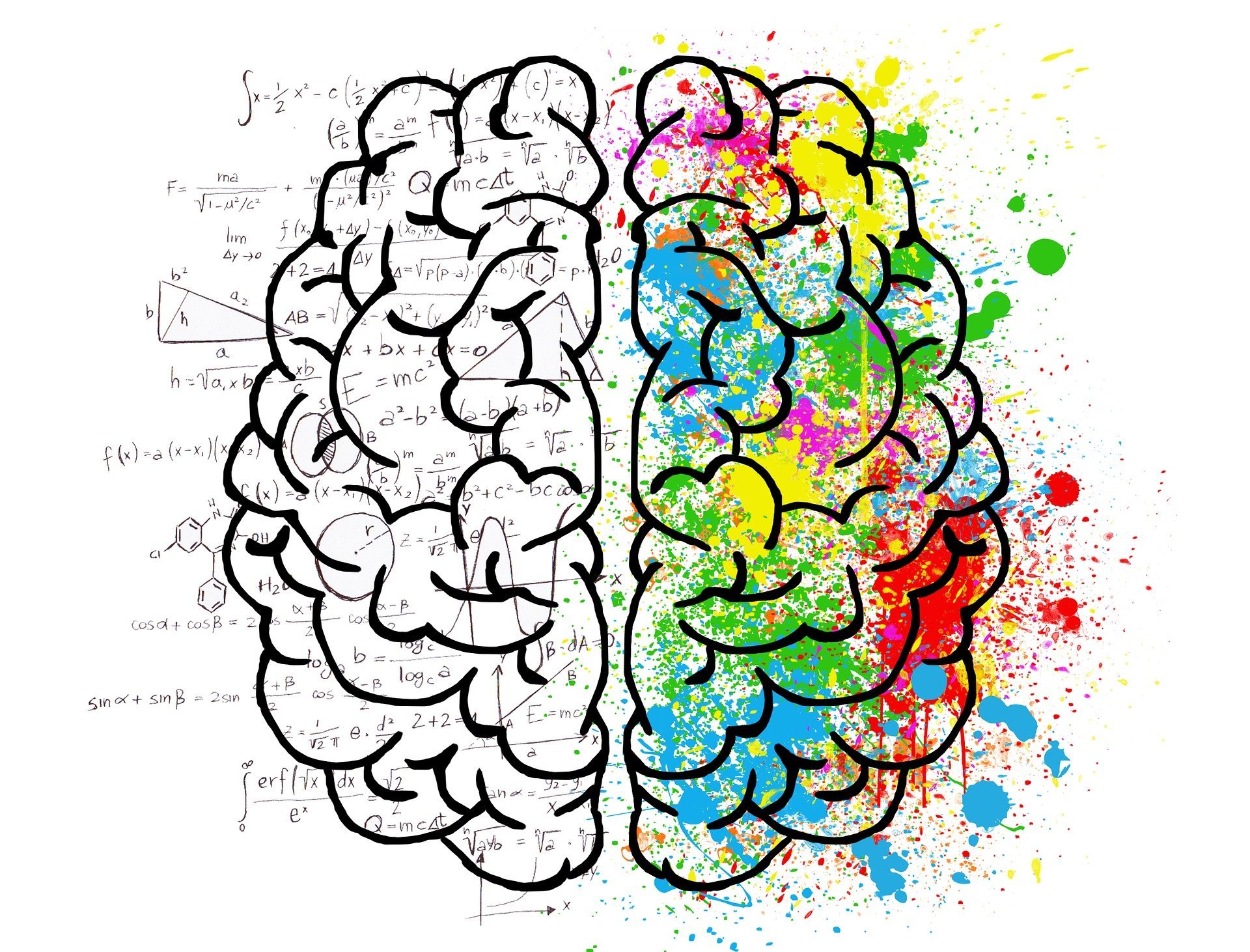Monthly Musings May 2022
In this column I share articles, books, research, and thoughts related to the science of self-help, along with experiments and random rabbit holes I’ve gone down across the previous month.
A majority of this month was dedicated to promoting the book I co-authored on Houston. There were plenty of people visiting, events like a radio show, an appearance in the news, etc that took me away from this project and actually buckling down to nail down the details of the Star Engine.
I did however, go viral again on Reddit, with one post outlining a map of meditation practice getting almost 2k likes and 360k views.
I’ve also been coaching a few people, and those conversations yielded some interesting nuances. One person ended up not only replicating my habit in a day experiment, but improved upon it by playing Minecraft during the induction process, which seems to have significantly sped it up (more on that in a separate post)!
I’m in month 3 of tally clicking mental states. And while things seem to be happening on the wellness department, I’ve felt supremely distracted and unfocused this month.
Despite this, I’ve experimented more with Bixby Routines for a better more automated morning habit stack. My phone automatically blocks most apps, while launching a gratitude app, something I’m surprised more people aren’t talking about.
INTERESTING STUFF
Eye positioning can cause wakefulness [The Huberman Lab]
How to use caffeine [The Huberman Lab]
Sunlight in the morning as essential for mental and physical health [The Huberman Lab]
26 Upgrades to the Pomodoro Method [Mike and Matty] - these guys have rapidly become my favorite resource for studying on Youtube. This video includes a really interesting study on “body doubling” - where simply having the presence of someone else keeps you focused.
SOCIAL
5 ways to lengthen meditation time [Reddit]
Good mantras/affirmations to get you out of bed in the morning [Reddit]
Some of my favorite forms of meditation [Reddit]
A general guide to the differences between Eastern and Western epistemology with respect to meditation [Reddit]
A modern method for training a Stoic sage [Reddit]
7 ways to train focus [Reddit]
How to meditate on “no-self” [Reddit]
7 meditations I like the most [Reddit]
My go-to method of “stripped-down” tantra [Reddit]
The minimum daily time of meditation for it to still have an effect [Reddit]
How to not react to your thoughts while meditating [Reddit]
How to avoid napping during the day [Reddit]
How to know how much time you need to do a task for planning [Reddit]
How to organize your practice when you do multiple types of meditation [Reddit]
How to stay motivated and consistent with meditation [Reddit]
How to consistently get up early [Reddit]
Sorting out a grab bad of misunderstood concepts in meditation [Reddit]
How to integrate meditation into all aspects of life [Reddit]
How to gain insight into no-self in meditation [Reddit]
How and why you should aim to get results in meditation [Reddit]
A roadmap to meditation practice [Reddit]
How to de-train negative thinking [Reddit]
MISCELLANEOUS & ESOTERIC
How to throw a toothpick and shoot coins. I think that videos learning small skills like this, often on Youtube, offer a snapshot for the entirety of the mastery process, and are highly worth experimenting with. While learning a language might take 2 years, studying things like this might be like geneticists studying fruit flies since the lifespan occurs relatively quickly in comparison.
Cyclic sighing, what Andrew Huberman calls an optimal breathing pattern. I need to look more into this, but it seems really bizarre.
Atom, an app for building a meditation habit.
This video is why I hate so many current discussions of flow. It sounds good, there’s all sorts of intellectual psych talk built in, but it doesn’t really give many tips on how to actually get into flow and control it for anything you want to do (despite the massively misleading title).
If you’ve got any interesting links, books, comments, or suggestions, shoot me an email at scienceofselfhelp (at) gmail.com. I’d love to hear from you!










